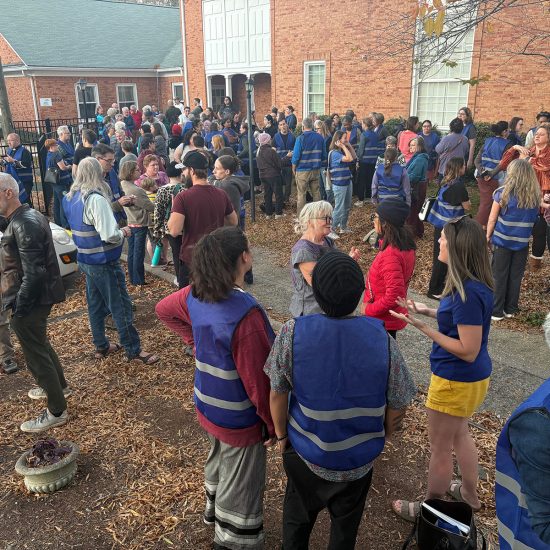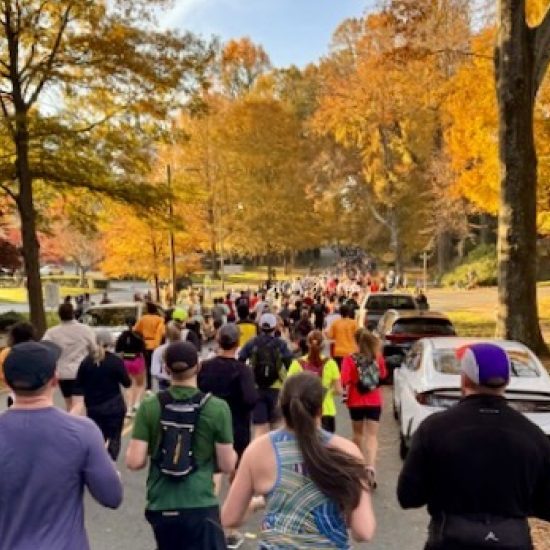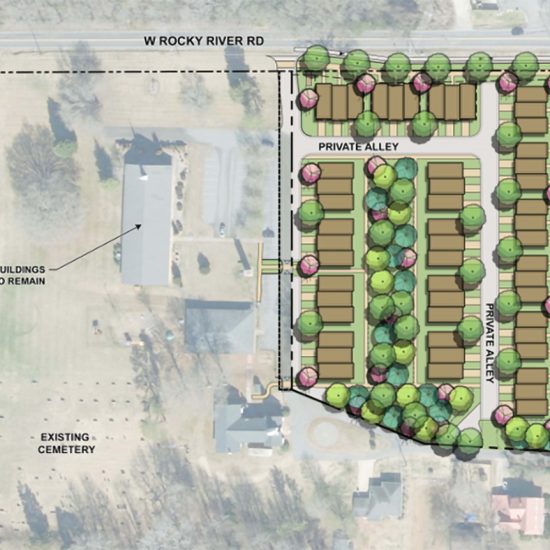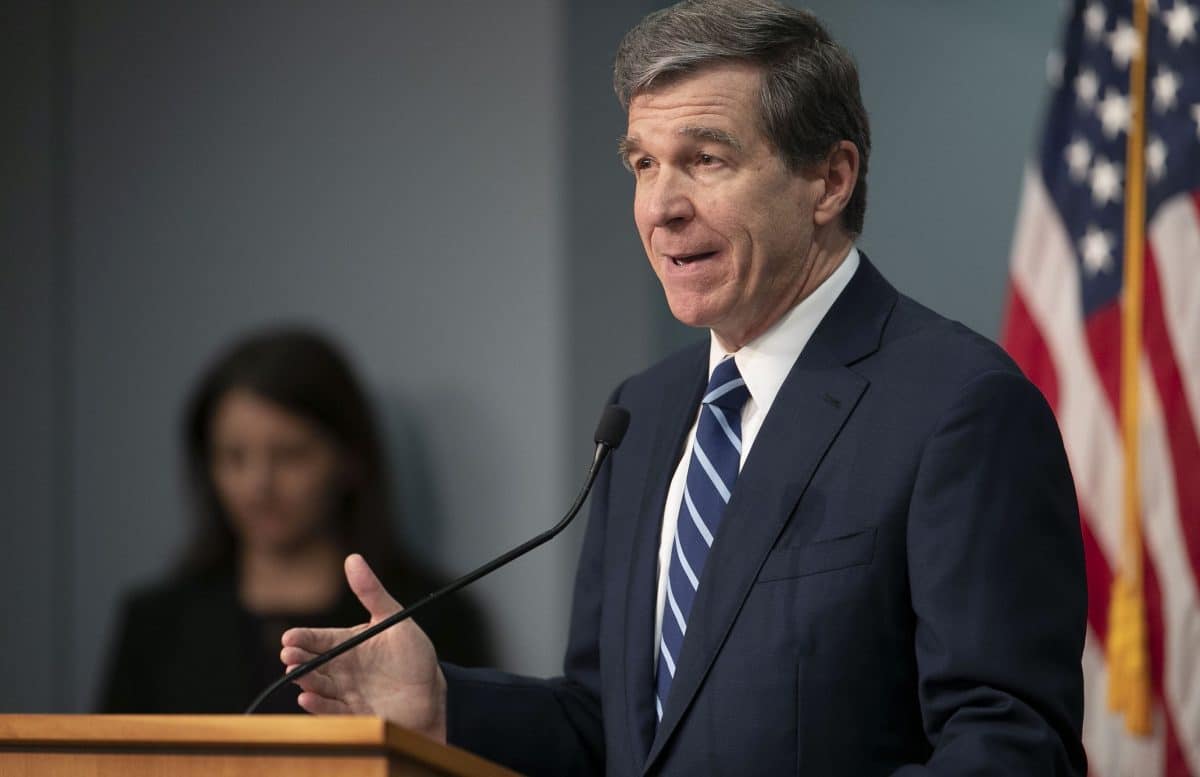
RALEIGH, N.C. (AP) — Conservative Christian leaders sued North Carolina Governor Roy Cooper on Thursday (May 14), asking a court to throw out his restrictions on indoor religious services in the state during the COVID-19 pandemic. They argued the limits, initiated by Cooper with health in mind, violate their rights to worship freely.
Two Baptist churches, a minister, and a Christian revival group filed the federal lawsuit seeking to immediately block enforcement of rules covering religious services within the Democratic governor’s executive orders. The latest order still largely prevents most faith organizations from holding indoor services attended by more than 10 people.
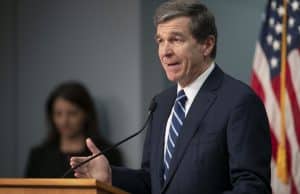
North Carolina Governor Roy Cooper updates the public during a press briefing on the coronavirus pandemic on May 14 in Raleigh, N.C. (Robert Willett/The News & Observer via AP)
Cooper’s office has said the newest order stating permitted services may “take place outdoors unless impossible” carries only a narrow exception, such as when religious activities dictate they occur indoors with more people.
Those backing the lawsuit in Greenville federal court said the restrictions violate the First Amendment and treat churches differently from retailers and other secular activities. Under the first step of Cooper’s three-phase plan for reopening now underway, most businesses can open doors provided the number of people inside doesn’t exceed 50% of the building’s fire code capacity.
“Freedoms curbed eventually becomes no freedom at all,” Ron Baity, pastor of Berean Baptist Church in Winston-Salem, said at a rally of about 500 people next to the Legislative Building. Baity, who is a plaintiff along with Berean Baptist and the Return America group he leads, said the use of church buildings have been an integral part of U.S. history for centuries: “If there’s ever been a time our communities need the church, it is now.”
Cooper, a routine churchgoer at his Presbyterian church, said later Thursday that he hadn’t read the lawsuit. He said his orders “have been drawn carefully to recognize First Amendment protections” and will ultimately end. The governor and health department Secretary Mandy Cohen have said that churches and retailers are different: while store patrons walk up and down aisles, churchgoers usually sit down for long periods of time, which make them more susceptible to spread or catch the new coronavirus. Some local sheriffs have said they won’t cite churches for holding indoor services.
“Let’s look at the bottom line here: We don’t want our churches to become hot spots for this virus,” Cooper told reporters, adding he recognizes the importance of faith and fellowship during times of crisis. But “we hope that congregations across North Carolina will talk with their leaders and will make good decisions about what is right to look after each other.”
North Carolina health officials reported more than 16,500 people have tested positive for COVID-19 as of Thursday morning with 615 related deaths. Cohen said the nearly 700-case jump compared to Wednesday is the largest day-over-day increase.
Still, Cohen said Thursday that case and testing trends remain largely stable but that more data is needed in the coming days before deciding whether looser restrictions could begin as soon as May 22. The second phase could allow for more church gatherings and the limited opening of restaurants, barbershops and salons, and neighborhood pools. Restaurants can currently offer drive-in food.
Over the last two months, many churches have been holding online services, virtual Bible studies, or unusual in-person options to comply with his rules. Based on Cooper’s latest order, Bailey’s Grove Baptist Church in Asheboro held an outdoor service last Sunday with members sitting in chairs adequately separated in the parking lot, said Jon Shook, the pastor. Shook said churches can certainly meet sanitation standards of businesses that are open.
“If a 16-year-old gives out a hamburger at McDonald’s and is qualified to give me a Happy Meal, then a pastor can certainly have the wisdom and discretion to give out the Lord’s Supper in a safe manner,” Shook said.
The lawsuit marks the latest dust-up among conservatives and Republican elected officials who are unhappy with the pace of Cooper’s reopening when compared to other Southeastern states. One of Cooper’s loudest critics is Lt. Gov. Dan Forest, who is challenging him in the fall election. Senate leader Phil Berger asked Cooper this week to give county governments the power to let restaurants, hair salons and barbers reopen now. Other legislative Republicans have filed bills attempting to keep Cooper’s emergency powers in check.


